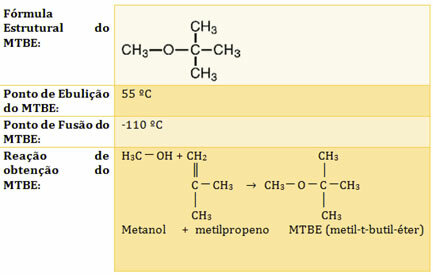As stated in the text "Fuel Octane Number”, the octane of a gasoline measures its quality, based on its resistance to compression within the internal combustion engine.
In addition, the octane rating is a scale on which the strength of gasoline is compared with the strength of heptane (zero) and isoctane (100). So, if we have an octane rating of 70, it means that the compressive strength of gasoline is the same as that of a mixture of 70% isoctane and 30% heptane.
However, there are some specialty gasolines that have an octane rating greater than 100. This is possible thanks to the addition of antiknocks to these gasolines.

The name itself says, they prevent the detonation or combustion of gasoline before the right time, which is when the spark plug in the four-stroke internal combustion engine releases the spark. Before that, it is being compressed and the antiknock “helps” the gasoline not to explode during this compression; which would result in less power for the engine.
The National Petroleum Council (CNP) authorized Petrobrás to add gasoline using the compound
methyl-t-butyl-ether (MTBE) up to 7% by volume to increase the octane rating.See some information related to this antiknock in the table below:

By Jennifer Fogaça
Graduated in Chemistry
Source: Brazil School - https://brasilescola.uol.com.br/quimica/antidetonantes.htm
